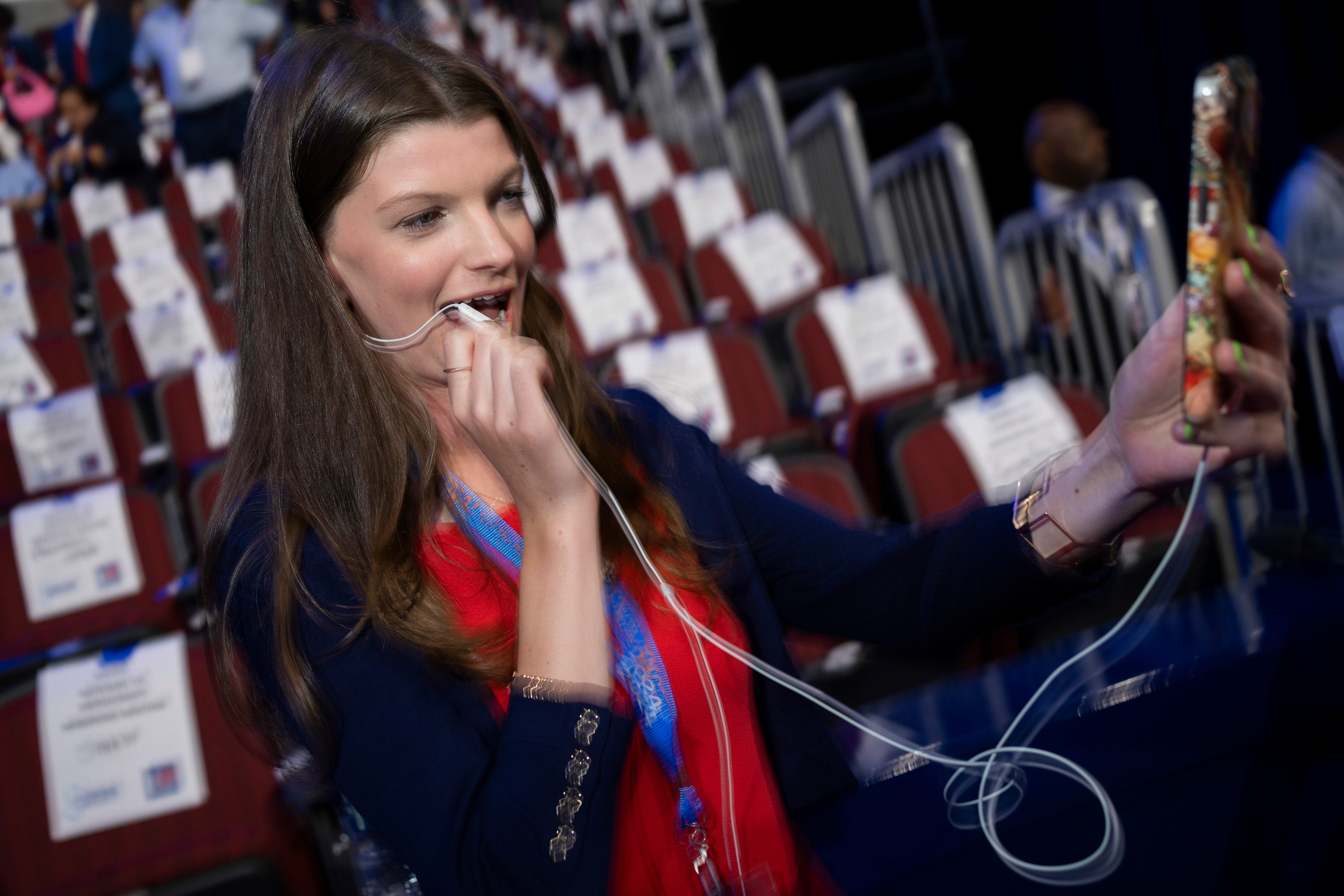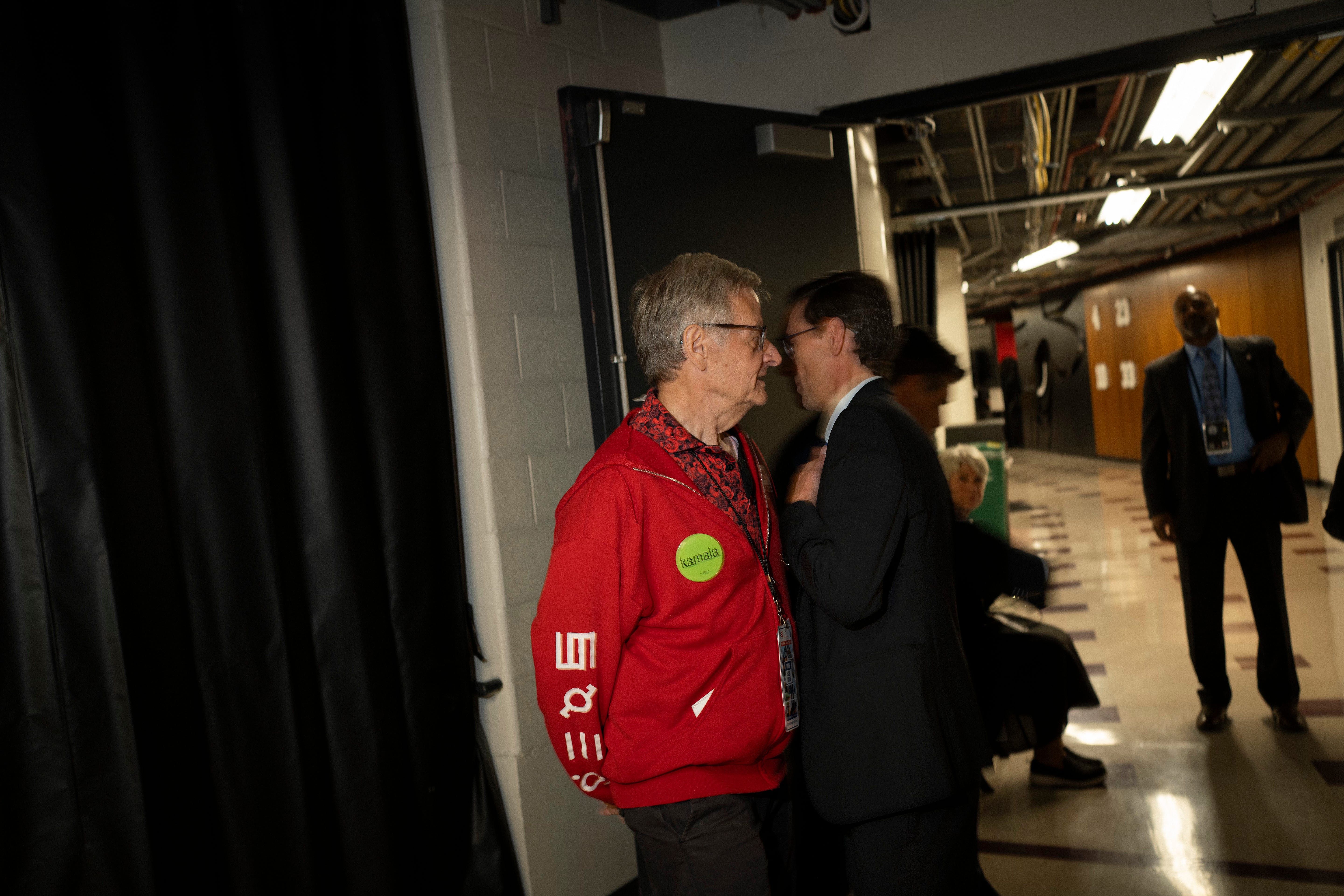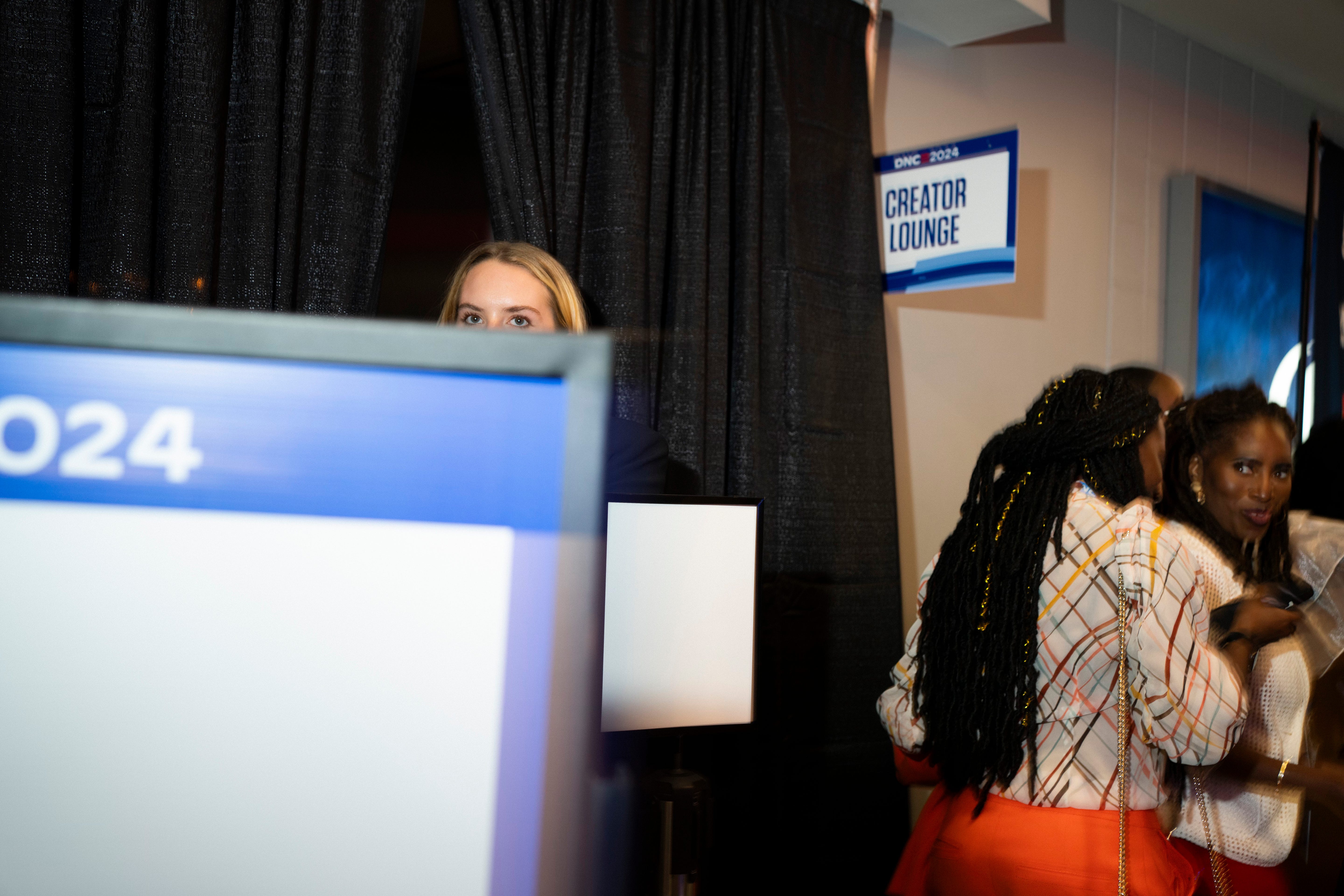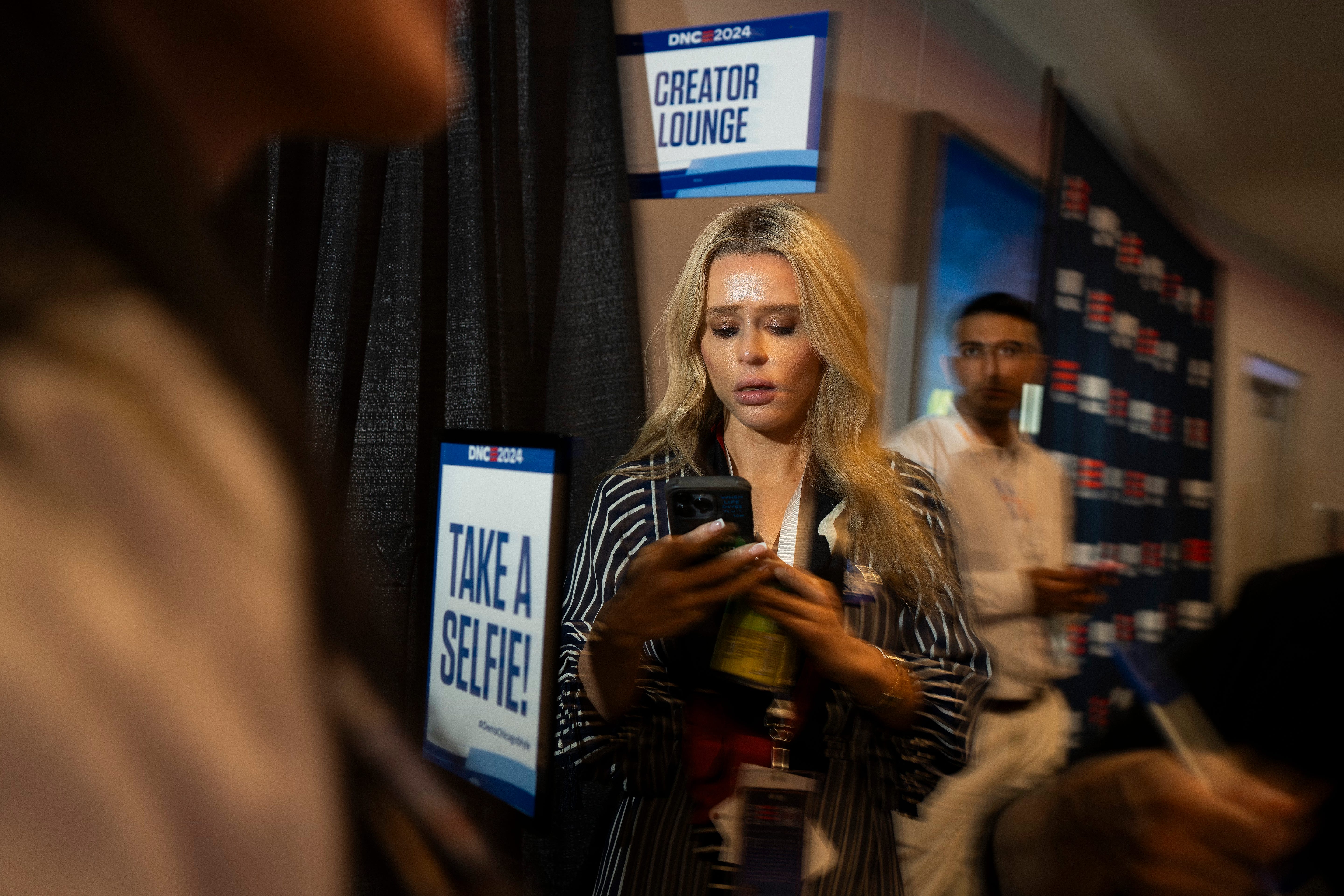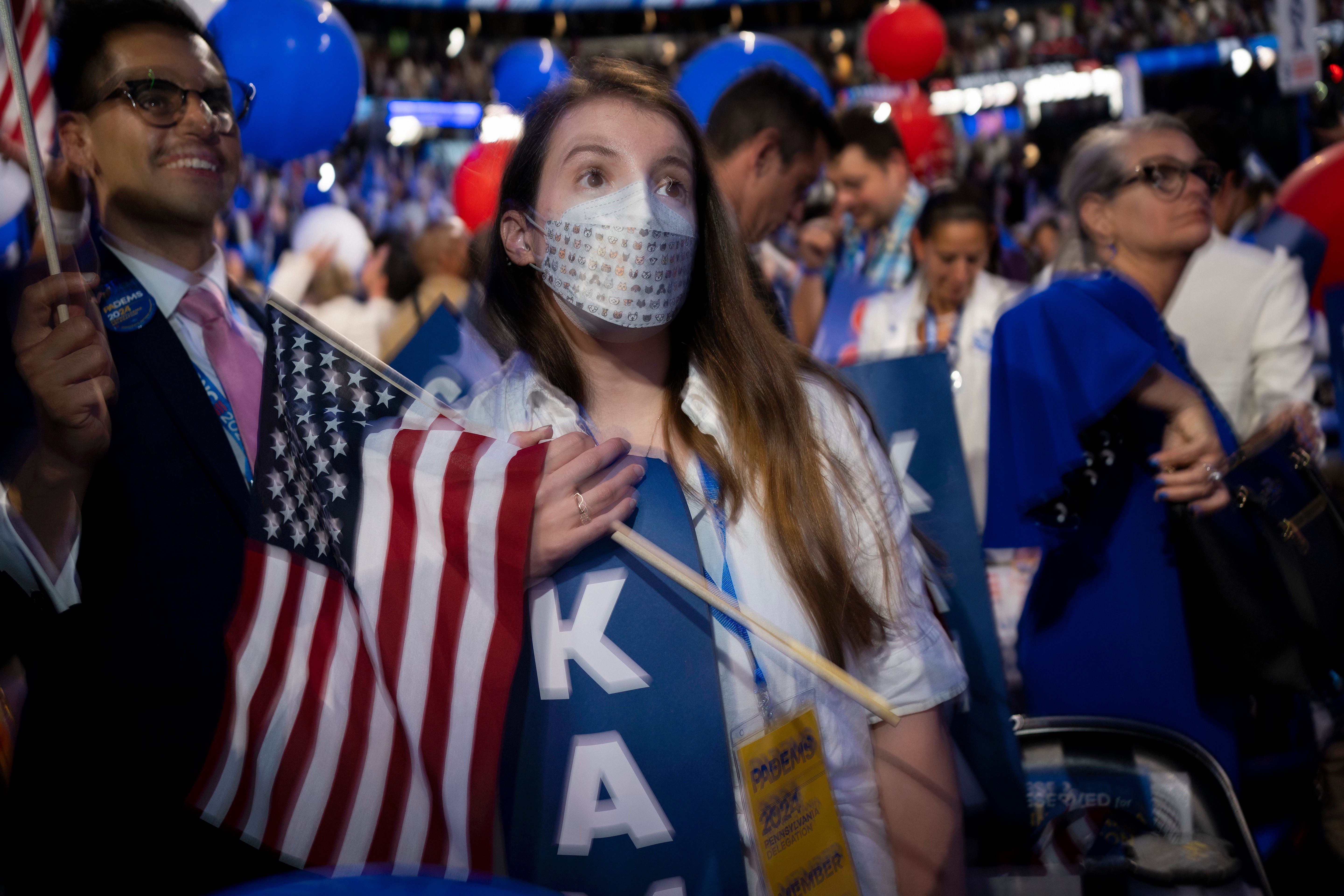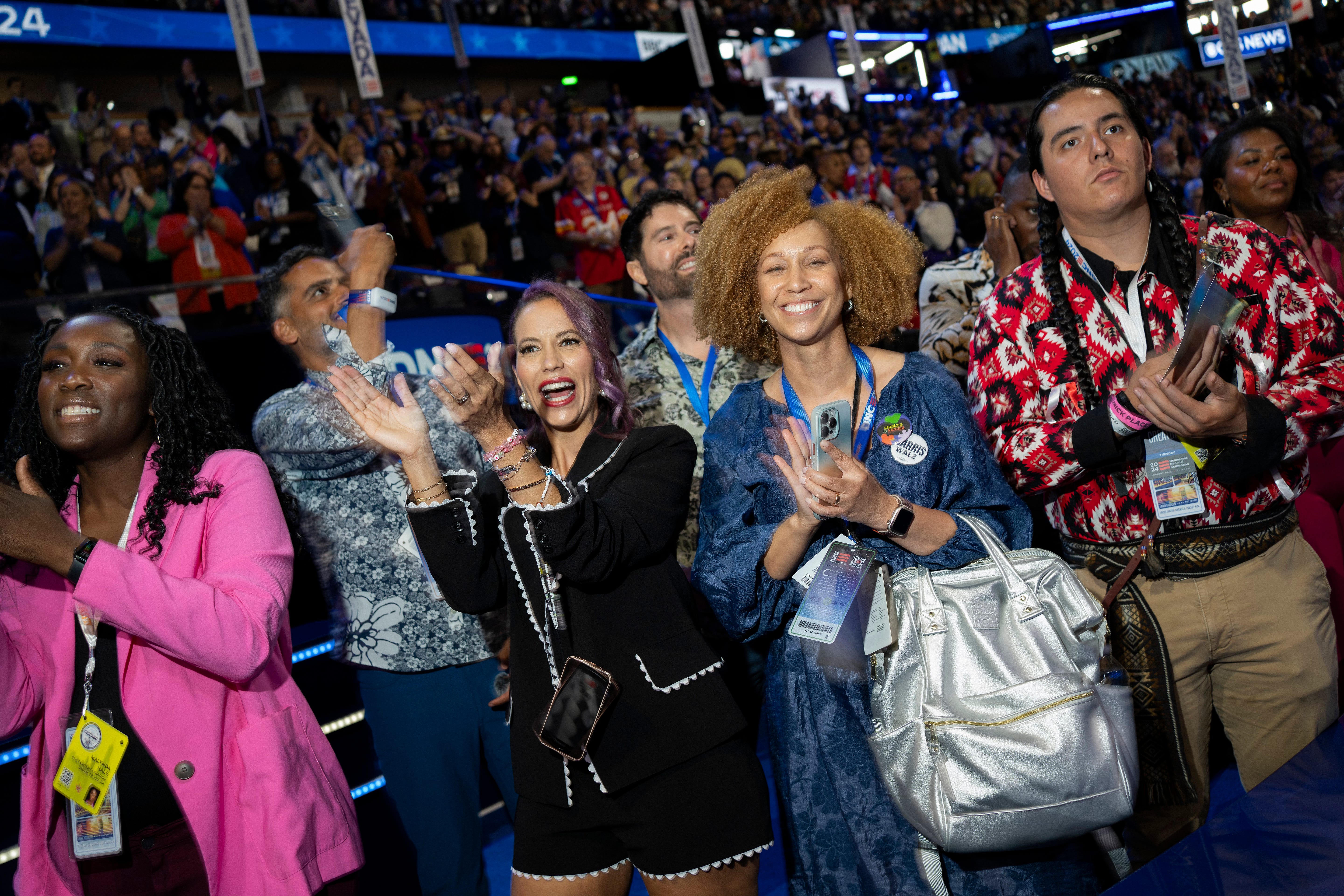
The Creators have arrived, special messengers bringing tidings of joy. Heralding the second coming of yellow journalism.
Traditionally, freedom of the press belongs only to the person who owns the press—a joke that's funny because it’s true, and it's even more true today. Pulitzer and Hearst understood this. Journalism’s legendary robber barons started wars to increase circulation and waged smear campaigns against their enemies—political, business, and even each other. They used the power of their press to better their lives. They understood. There’s a reason Patty Hearst went viral like she did.
The new gods understand too.
Media makes its money by delivering eyeballs. That’s their product: your eyeballs. They sell them to their customers, the advertisers. And naturally, everyone knows the customer is always right.
The week before the DNC kicked off, the Democrats issued a statement that they’ve budgeted $200 million to spend on digital media. With all the traditional television advertising between now and the election already purchased, this is a smart move.
Smarter still, because they’ve eliminated the middleman.
Legacy media protects their customers. In some ways, that’s what they’re really paying for. You’re not going to see someone from the networks going after Big Pharma. They don’t necessarily tell their employees what not to say, but everyone knows where the money is coming from. Everybody still gets it, but the legacy system is awkward. You’ve got the advertisers, the network, production staff, the talent, and all the overhead they come with. It’s just not an efficient system.
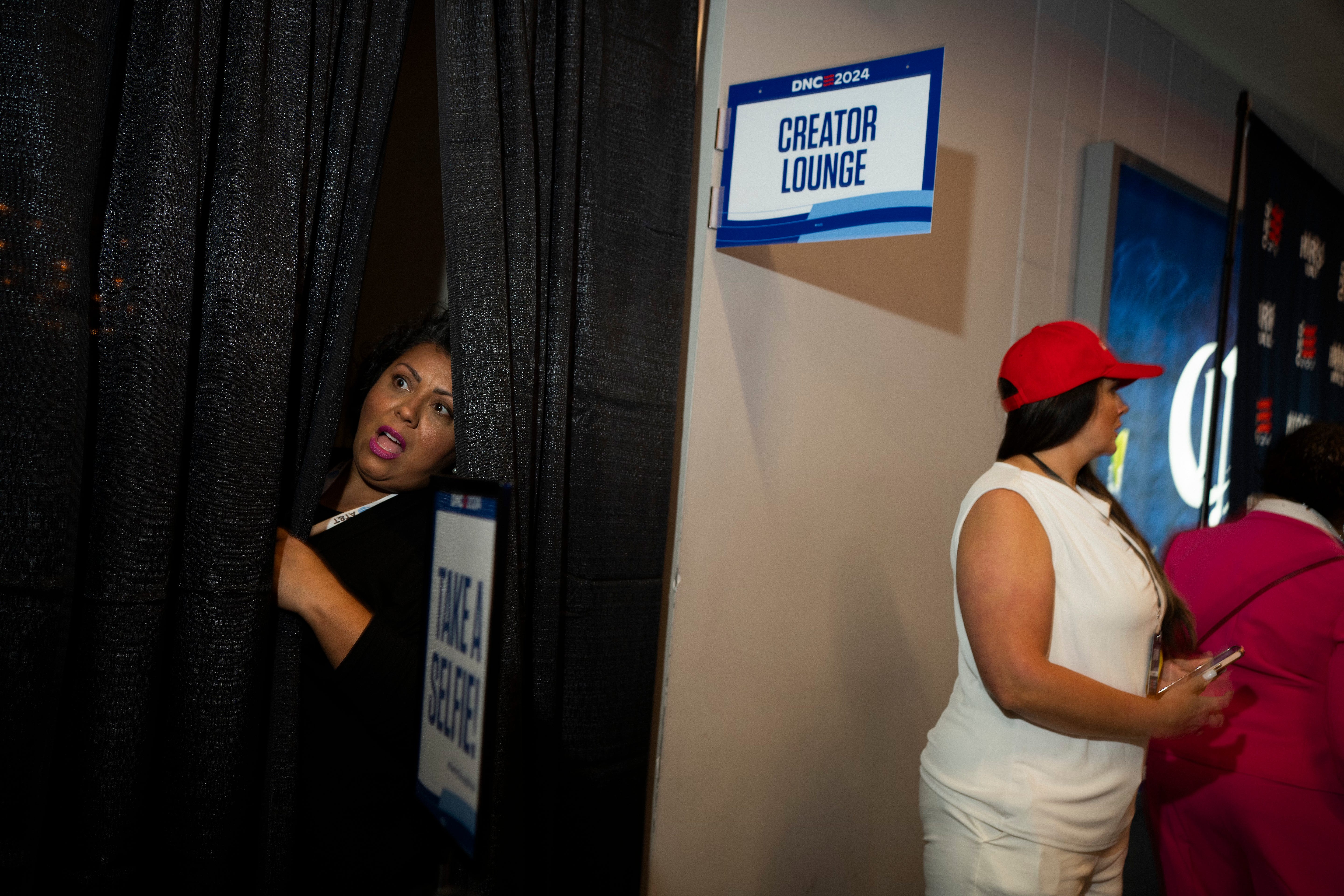
The Creators streamline the whole thing. They’re the advertising, production, and talent all rolled into one. Sure, they tap into someone else’s network to distribute their product, but at the end of the day, they own their own printing press.
Here’s where things get tricky—where it all might go sideways. Old generals create their battle plans to fight the last war, not the current one.
Eyeballs are still the product, and they’re still responsible for all the revenue generated by the new gods. But unlike the gods that came before them, these new ones aren’t employees; they own their printing press.
It doesn’t matter if the new gods are smart, informed, or even honest. What matters is their survival instincts. Don’t pull a Draper. Never bite the hand. They’re dialed in. They know exactly, in real time, where their bread is buttered.
When that butter gets thin, they’ll quickly adjust.
In the past, the competing party would have had to wait until the next election cycle to catch up with a new political tool. Jimmy Carter was no match for the first movie star politician, just as George Bush Sr. was no match for the sexier version.
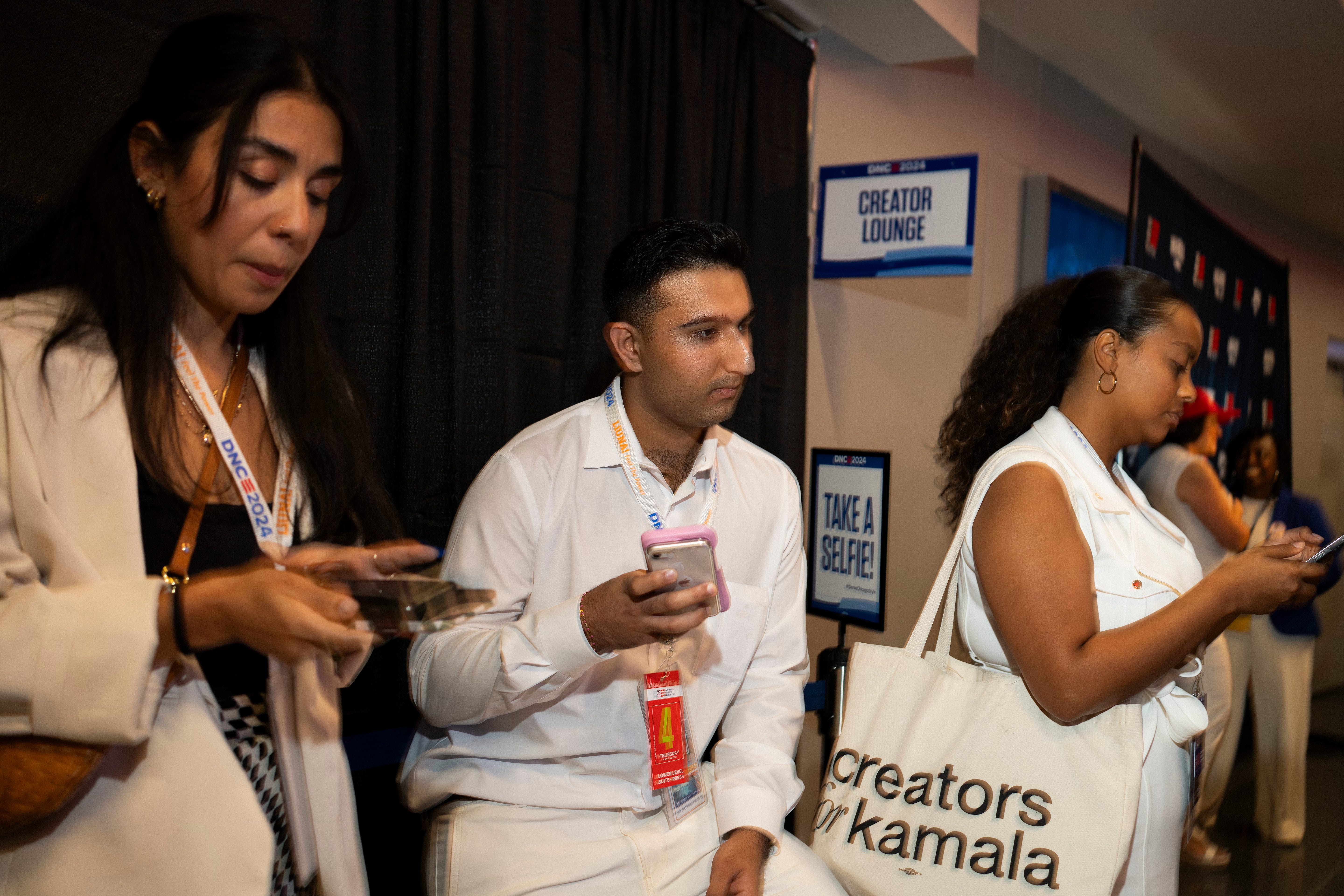
In the future, Republicans will start throwing bigger and more money at the new gods. They’ve probably already started. The race is on, but it doesn’t matter. Their audiences, who own the eyeballs they’re after, vote with their feet. They move quick.
All the money that’s thrown into this pond by both sides might mean more fish, but they’re all still competing for viewers. A free-market battle royale, sloppy and unpredictable which nature will use to build a more efficient reporting machine.
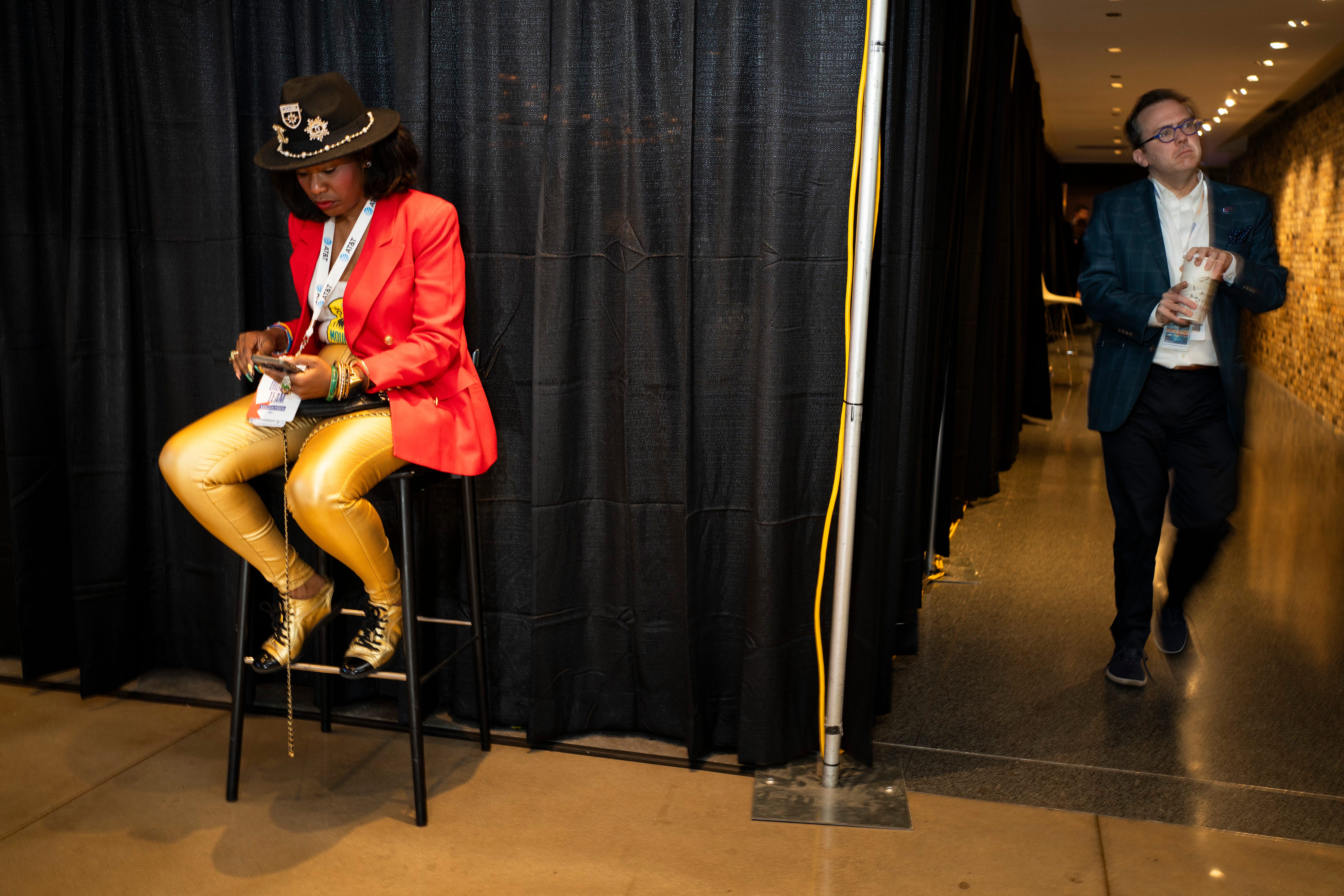
I’m not sure if anyone realizes what they’ve unleashed. Instead of having to influence a small handful of news shows, they’ve created thousands of new ones. All with an audience. All competing, all hungry for viewers, and thus completely beyond anyone’s control.
That’s the risk you take when you get rid of the middle man.
Ironically enough, the influencers, because they use cameras, received their accreditation for the conventions (both parties) from the Senate Press Photographers Gallery.
You can see the argument: “Photojournalists show what they see. They’re not responsible for what they don’t see. They shoot from their own perspective. What they decide to show is often less important than what they don’t.”
From an Ivy League perspective, this seemingly black-and-white conversation could turn into Kodachrome real quick.
I don’t care either way. The influencers are here to stay, regardless of where they get their credentials. The DNC paid for the special treatment, not our press gallery. The traditional photojournalists, and many of their editors, worked out of an overcrowded and under-ventilated basement room, while the influencers enjoyed the buffet and bottle service upstairs.
And I’m fine with that.
Personally, I’d rather be with my people, huddled together drinking warm vodka out of a recently discarded Jet-Dry bottle, than to be sitting high atop of Mount Olympus, sipping Ambrosia with the new gods.
I don’t know if you’ve noticed this, but the Creators are kinda gross. They’re weird and somewhat shallow as well. Along with the smell of champagne, blue cheese, and prime rib, you can catch a whiff of unearned arrogance on their breath. Worse yet, their trade gives them a tendency to be close talkers.
Gross is the right word.
Lacking a degree from Yale, I find it relatively easy to describe the difference between the influencers and us photojournalists. For us, the camera has always been a window through which we could see the entire world. For them, the camera is a mirror. A mirror where the world sees them.
It’s a closed loop. There’s nothing to discover there, staring down into a pool of water, infatuated with one’s own reflection, only capable of loving oneself.
It’s a sad and lonely place to live, regardless of how it looks on Instagram.
As I was working this week at the DNC, I constantly reminded myself what a blessing it is to be here. To have this access, that front row seat to history. And in doing so, long before I thought about writing a column on the influencers, I realized how grateful I am to all the people who let me photograph them. Especially at an event like this where everyone expects to be photographed. Nobody reacts or changes what they’re doing to accommodate the camera. As a photojournalist, it’s something akin to being invisible.
I’m not saying this as some type of humble-brag, just another observation on the window/mirror analogy. The photojournalist is observing and reacting to what they see, whereas the influencer is reacting to being (or to be) observed.
I don’t know how photojournalists adapt and become the owners of their own press as well. That’s probably what pisses me off most about the influencers. They’ve figured out how do it, and in doing so, they own themselves.
Worst still, my jealousy is like mother’s milk to these people. It’s what they feed on. It’s where they gain nourishment.
I’m working on how The Curious Society can get itself born again. Perhaps there’s something to learn from the influencers. Monopolies are boring, and they produce boring stuff. A market without competition does the same. We need more quality, smartly curated, both digital and print outlets that feature great photojournalism. We’ve got the talent. I witnessed it at the DNC. The photojournalists covering the event, from the household names (there were a lot) to the lesser-known, were across the board fantastic.
There’s still a lot of talented observers among us. The only thing lacking are the eyeballs.




